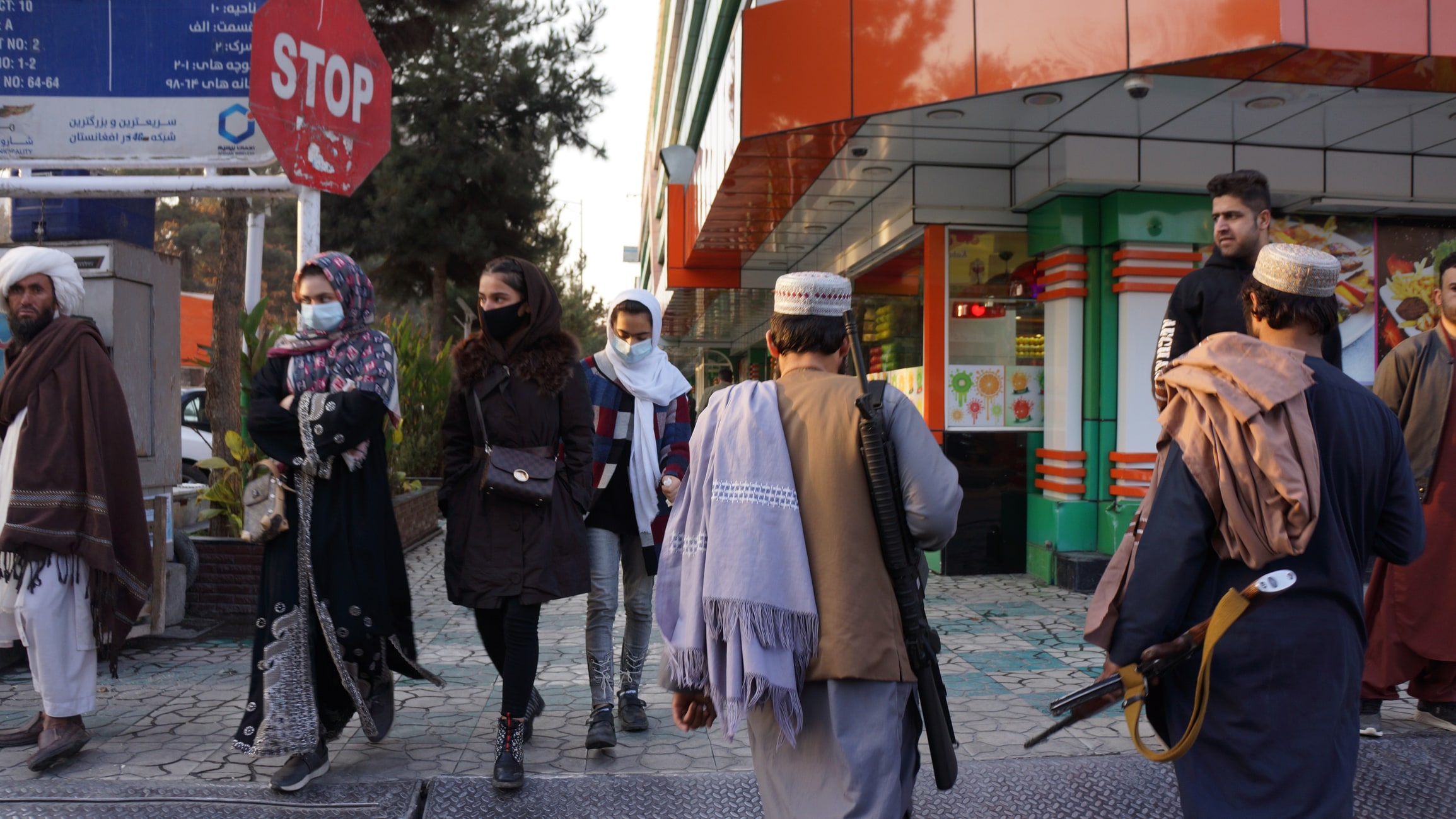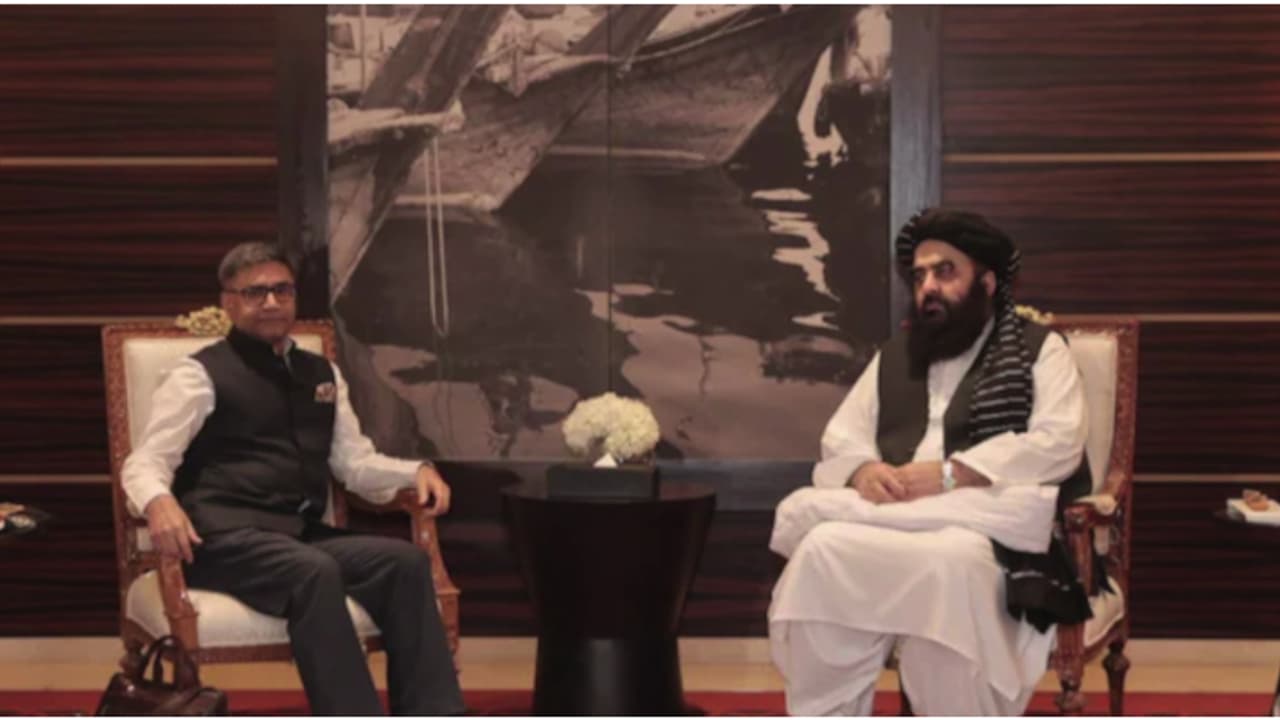Afghanistan’s acting foreign minister Amir Khan Mutaqi is set to visit India. Here’s why the trip matters.
Afghanistan’s acting Foreign Minister Amir Khan Mutaqi will travel to New Delhi next week, in what could become a defining moment for regional diplomacy. His visit, scheduled for October 9 and 10, will be the first public trip to India by a Taliban leader since the group seized power in Kabul in August 2021.
The United Nations Security Council’s 1988 Sanctions Committee cleared the way for the visit by granting a travel‑ban exemption on September 30, 2025. The approval allows Mutaqi to travel between October 9 and 16, despite being on the sanctions list under Resolution 1988 (2011), which imposes restrictions including travel bans, asset freezes, and arms embargoes on Taliban leaders. The exemption itself is unusual, signalling the global weight attached to this engagement.
For decades, India has kept the Taliban at a distance, wary of its links to Pakistan’s security establishment and militant groups targeting Indian interests. Since the Taliban’s return in 2021, New Delhi has avoided formal recognition of the regime but has kept humanitarian channels open. By June 2022, India cautiously reopened its embassy in Kabul with a limited technical team, signalling functional engagement without political endorsement.
Amir Khan Mutaqi’s Delhi trip now shifts that quiet outreach into the open. What had been back-channel contact is set to become a headline diplomatic moment, with both sides carrying clear priorities into the talks.
India’s Strategic Concerns And Priorities
For New Delhi, the agenda is rooted in security and long‑term interests. The foremost concern is ensuring Afghan soil is not used to stage or support attacks against India. Safeguarding more than $3 billion worth of development projects, including roads, dams, and the Afghan Parliament building, is another priority.
Regional connectivity also figures prominently. Afghanistan remains a critical link in India’s plans to expand trade through Iran’s Chabahar Port and into Central Asia. For India, engaging the Taliban is less about endorsement and more about protecting investments, securing borders, and keeping a foothold in Afghanistan’s future.

What The Taliban Gains From Delhi
For the Taliban regime, the symbolism of the visit is equally important. India is a regional heavyweight with deep development ties in Afghanistan. Public engagement with New Delhi offers the Taliban a degree of diplomatic legitimacy and signals its intent to broaden relations beyond traditional partners such as China, Russia, Iran, and Pakistan.
Officials in India stress that hosting Mutaqi does not amount to recognition of the Taliban government. Instead, it reflects a pragmatic approach of talking to the rulers of Kabul without formally endorsing them. For the Taliban, however, the optics of being received in Delhi help counter its international isolation.
India’s challenge lies in balancing engagement with caution. The government must weigh the benefits of dialogue against concerns over women’s rights, governance, and terrorism links. The optics are as significant as the agenda itself. A Taliban foreign minister walking the corridors of New Delhi is both a diplomatic milestone and a test case for India’s evolving Afghan strategy.
For India, the visit is about realpolitik, securing national interests while avoiding premature recognition. For the Taliban, it is about breaking isolation and showcasing regional acceptance.
